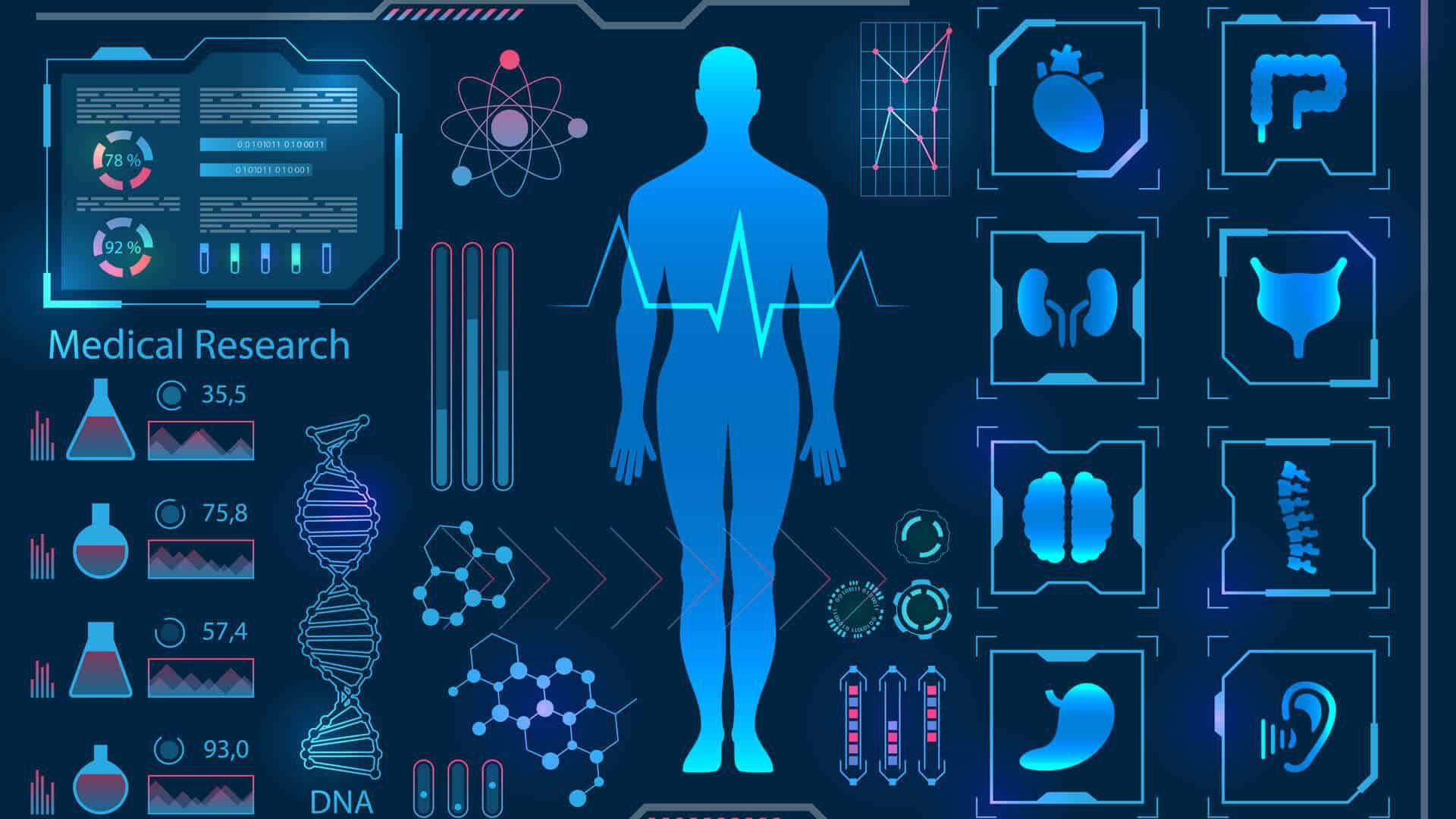
AI’s Leap into Healthcare: Revolutionizing Diagnostics and TreatmentsAI’s Leap into Healthcare: Revolutionizing Diagnostics and Treatments Artificial Intelligence (AI) is poised to revolutionize healthcare, particularly in the areas of diagnostics and treatments. Its transformative potential has sparked excitement and anticipation within the medical community, promising to enhance precision, efficiency, and access to care. Enhanced Diagnostics * AI-powered diagnostic tools can analyze vast amounts of medical data, including images, patient records, and genetic information. * By identifying patterns and statistical relationships, AI can assist doctors in making more accurate and timely diagnoses. * For instance, AI algorithms can accurately diagnose diseases such as cancer and heart disease at an early stage, when treatment is most effective. Precision Medicine * AI can help identify the genetic and environmental factors that influence an individual’s risk of developing certain diseases. * This information allows for tailored treatments that target the specific causes of a patient’s condition. * Precision medicine can improve treatment outcomes, reduce side effects, and lower the cost of healthcare. Personalized Treatment Plans * AI can generate personalized treatment plans based on a patient’s medical history, lifestyle, and preferences. * This approach considers each patient’s unique needs, optimizing the chances of successful treatment. * For example, AI can assist in developing individualized treatment plans for cancer patients, taking into account the tumor’s genetic makeup and the patient’s overall health. Drug Development * AI can accelerate drug discovery and development by analyzing large datasets of patient information. * It can identify potential drug candidates, predict their efficacy, and optimize their design. * This process can save time, reduce costs, and improve the success rate of bringing new therapies to market. Telemedicine and Remote Monitoring * AI-powered telemedicine platforms enable patients to access healthcare services remotely. * Using virtual assistants and symptom checkers, AI can provide initial assessments and triage patients based on their symptoms. * Remote monitoring devices equipped with AI can track vital signs and detect anomalies, allowing for early intervention in case of health emergencies. Ethical Considerations While AI holds immense promise, it also raises ethical concerns that need to be addressed: * Ensuring data privacy and security * Addressing potential biases in algorithms * Regulating the use of AI in healthcare * Establishing standards for AI-assisted decision-making As the healthcare industry continues to embrace AI, it is crucial to strike a balance between innovation and responsible implementation. By addressing ethical considerations and promoting equitable access, AI can truly revolutionize healthcare, empowering patients with better care and unlocking new possibilities for treatments and cures.
Posted inNews